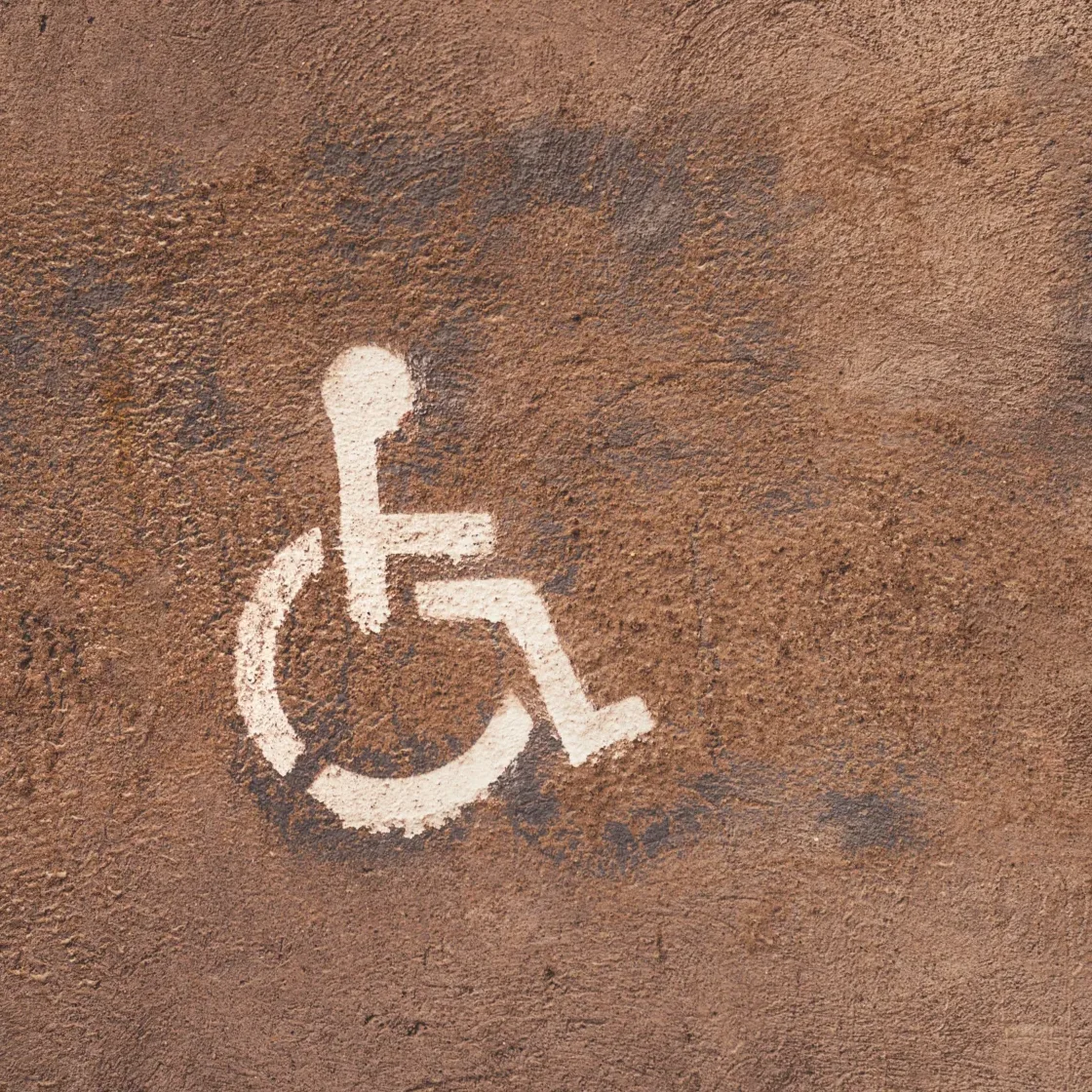1. Communication barriers
Disabilities such as speech or hearing impairments can prevent effective communication with law enforcement and legal professionals, leading to misunderstandings and misinterpretations. Furthermore, some people with disabilities, even when they are able to communicate, may not fully understand their rights or legal procedures, making it difficult for them to advocate effectively.
2. Misinterpretation of behavior
Having a disability, such as autism or an intellectual disability, can lead to behavior that is deceptive, non-compliant, or otherwise misconstrued as guilty by law enforcement, which can result in a prejudiced presumption of guilt.
Autistic people may not be able to process or express emotions in the same way as neurologically normal people. For example, Robert Roberson was an autistic father who spent 20 years on death row in Texas for a crime that did not actually occur. In 2002, Roberson’s chronically ill 2-year-old daughter, Nikki, came down with a high fever and fell out of bed. The hospital staff did not know that Roberson was autistic and interpreted his reaction to his daughter’s serious condition as a lack of emotion. Furthermore, police inferred guilt because Roberson’s emotional response to his daughter’s death was different from what they believed to be a normal grief response. Roberson was prosecuted, convicted, and sentenced to death.
3. Suggestibility
People with certain disabilities may be more susceptible to suggestion during police interrogations, leading them to make false confessions or statements. According to a report by the National Registry of Exonerations, 70% of people who made false confessions and were acquitted between 1989 and 2020 had a mental illness or intellectual disability.
4. Limited access to lawyers
People with disabilities may face challenges in finding and hiring a suitable lawyer, which can affect the quality of their representation.

